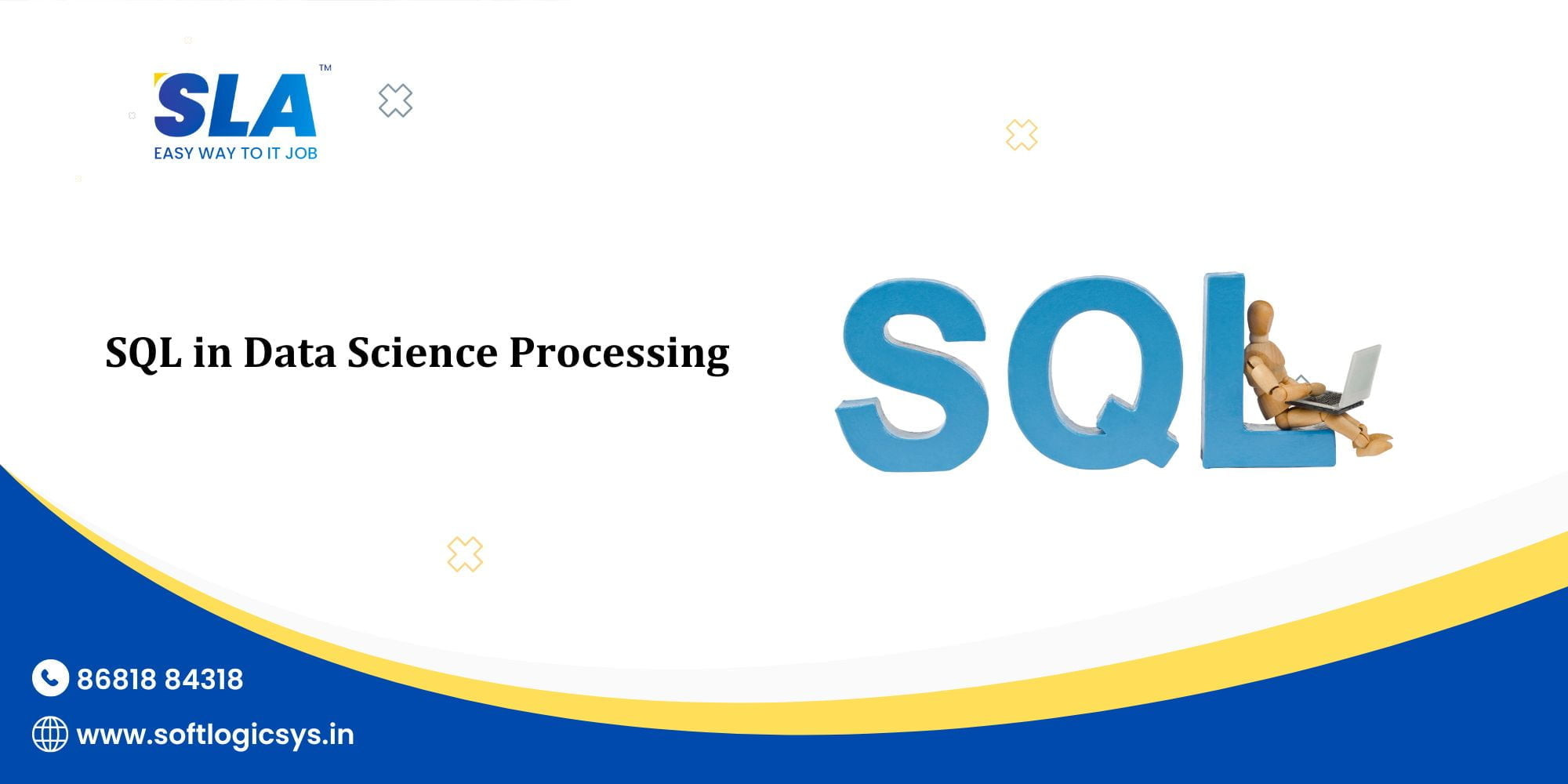The learning of SQL becomes essential in data science processing and it creates tremendous opportunities for professionals to extract data-driven solutions. It is used to store, process, and manage data in database applications through a database management system that makes data processing easy and organized. It is used to integrate programming languages to the DBMS tool efficiently. It is supported by various RDBMS (Relational Database Management System) such as MySQL, SQL Server, and Oracle. Following are the benefits for data scientists to learn SQL in their Data science processes.
- To handle the structure of data and queries to the database.
- To manipulate big data platforms like Spark and Hadoop.
- To experiment with data using test environments.
- To perform analytical operations using a database like MS SQL, MySQL, and SQL.
- To perform data wrangling and preparations along with big data tools.
Key Aspects of SQL for Data Science Process
Data scientists should know the following key elements of SQL to work with data science processes.
- Relational Database Model
- SQL Query Commands
- Handling null values
- Working with indexes
- Joins and key constraints
- Working with SubQuery
- Creating Tables and Databases
Significant things to excel in SQL for Data Science Process
The following topics are important for a data scientist to work efficiently on SQL Queries
Group by Clause: This is used to integrate with the SELECT statement to arrange identical data into simplified groups.
Aggregation Functions: It is used to perform the calculation on a collection of values such as count, avg, max, and min and returns a single value.
String Functions and Operations: It is for string operations that convert string to uppercase that match a regular expression.
Date and Time Operations: It simplifies the complicated process of date and time operations.
Output Control Statements: It is used to obtain results according to needs such as a limit function to get limited rows.
Joins: It is implemented to join multiple tables for acquiring desired output. It includes joins, primary key, composite key, and foreign key.
Nested Queries: It is used for returning data that has been implemented in the main query as a condition or subquery that restricts the data to be accessed from unknown sources.
Temporary Tables: These are implemented for enabling the users to save and process common results by applying the same selection, join capabilities, and updates.
Views and Indexing: Indexes are used to process the index tables that the database search engine for fastening the data retrieval.
Windows Functions: It is used to operate on a collection of rows for returning a single value for every row from the highlighted query.
Query Optimization: It is used to work on a large database for accessing requested data easily
Various Operations: It can be used for arithmetic, logical, and comparison operations.
Platforms for Practicing Online
There are platforms available online to practice SQL queries for data science processes such as Leetcode, SQL Zoo, HackerRank, SQL Bolt, Select * SQL, Mode, and Stanford University. The students can practice interview preparations like Data Analyst SQL Interview Questions and The Data Monk.
Conclusion
SQL is an in-demand skill for data scientists to process queries and simplifies the work of data analytics. Learn comprehensive SQL data processing in our Data Science Training Institute in Chennai. Learn SQL Training in Chennai at Softlogic to know how SQL can be utilized in Data Science processing.

